Last Updated on January 12, 2024
It’s a mystery wrapped in a riddle inside an enigma.
So says Joe Pesci’s David Ferrie during a critical scene in Oliver Stone’s JFK, a movie being revisited for a few reasons. One is that Shout Factory just put out a 4K restoration that reissues both the director’s cut and theatrical cuts of these films. But, we’re also revisiting it due to the fact director Oliver Stone, more than thirty years after the film’s release, is still utterly fascinated by the assassination. His recent documentary, JFK: Through the Looking Glass, served as a bookend to the film, while another documentary, Citizen Stone, is in production and examines how the film, in some ways, served as his undoing, a notion I can’t say I agree with.
Whatever the case, JFK is a fascinating piece of work that was one of the most provocative films of the 90s. A generation of us watched this film and became convinced that the US government had covered up – and perhaps even participated in the John F. Kennedy assassination. Stone has described the film as a counter-myth to the one established by the Warren Commission. By design, the film asked questions rather than answered them, which perhaps was misunderstood when the movie initially came out, as they thought Stone was attempting to give definitive proof that a New Orleans businessman named Clay Shaw was intimately involved in the assassination of Kennedy. Instead, he’s presenting a theory in his dramatization of New Orleans DA Jim Garrison’s attempt to convict Shaw, which – to this day – remains the only trial to be brought forward involving the JFK Assassination.
But back to Oliver Stone. To understand JFK’s impact on pop culture in ’91, you need some context for Stone’s career. Simply put, he was his era’s most controversial and acclaimed director. His films were good, and they made money, giving him tremendous freedom. But, he was also seen as something of America’s conscience, with him making the movie Platoon, which helped the country reckon with the Vietnam War. In contrast, its quasi-follow-up, Born on the Fourth of July, helped people do the same with the anti-war movement. In between those films, he made Salvador (which came out before Platoon) and exposed US involvement in the war in El Salvador. At the same time, Wall Street took a critical look at the “Me Generation” and how making money gave birth to the infamous sequel to the hippie generation – yuppies.
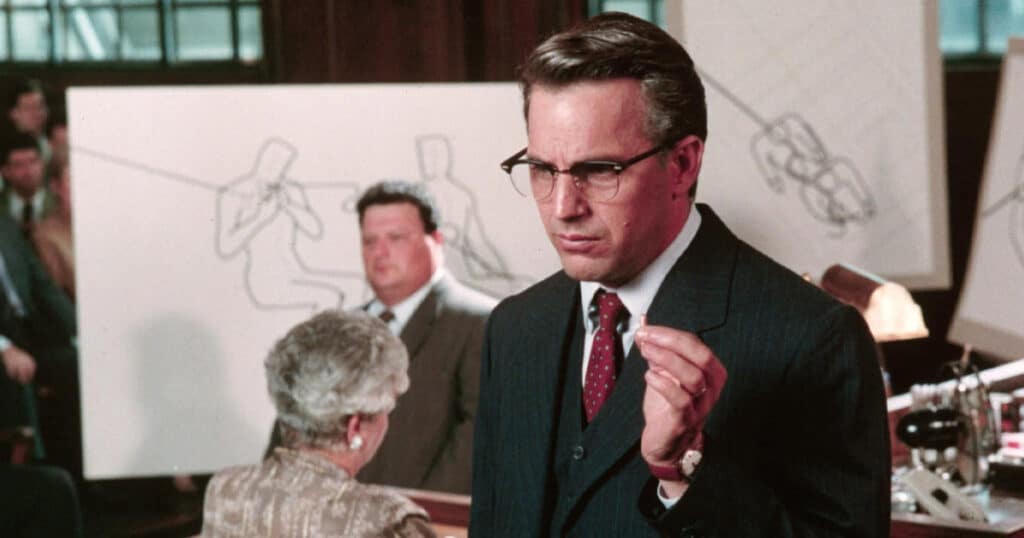
Amazingly, JFK wasn’t Stone’s only movie in 1991, with him also directing The Doors. The JFK Assassination is widely remarked on as the moment America lost its innocence, even if that’s a tremendously naive statement considering its history. But, a line of dialogue certainly resonates with a whole generation of Americans, where Kevin Costner’s Jim Garrison calls us a generation of Hamlets and urges us not to forget our fallen king.
Despite the controversy surrounding the film, seemingly every big star at the time wanted to be in the movie, with Kevin Costner at the peak of his fame, having won two Oscars for Dances With Wolves and having just topped the box office in Robin Hood: Prince of Thieves. He was seen as Mr. American Apple Pie then, so having him play Garrison was a potent choice. But, many huge stars of the era were involved, with Jack Lemmon, Walter Matthau, John Candy, Ed Asner, Tommy Lee Jones, Joe Pesci, Sissy Spacek, Kevin Bacon and Donald Sutherland all having roles – both big and small. To play the movie’s Oswald, who is presented as the ultimate patsy, Stone chose Gary Oldman.
It all added up to a movie that generated a ton of press in 1991 but wasn’t quite the box office hit its reputation suggests. It crawled to a $70 million domestic gross and $200 million worldwide, an enviable number for a three-hour drama. However, in an example of Hollywood accounting, WB claimed it lost money, meaning Jim Garrison’s family got nothing.
Watching the movie now, it’s easy to get perhaps caught up in the fury of the film, and I find whenever I check it out, the three-and-a-half-hour running time usually stretches out to five hours plus as I spend so much time googling the various theories, such as the dismissal of the Single Bullet Theory. But here’s the thing: it’s tremendously exciting for a movie that’s virtually all talk and exposition. It’s long but moves fast, and Stone’s sense of pace is astounding. The cast is uniformly excellent, with Costner as the Shakespeare-quoting Garrison unusually erudite. At the same time, Tommy Lee Jones plays against type Shaw, whose homosexuality many believe was presented somewhat exaggeratedly, with the infamous scene of Jones dipped in gold, braying like a donkey and inhaling poppers, one that’s often singled out. He was the only one to get an Oscar nomination among the cast. Joe Pesci is excellent as the conscience-stricken David Ferrie. Still, the film is all but stolen by Donald Sutherland in a powerhouse extended cameo as Mr. X, the government mole who explains the reasoning behind the assassination of Garrison in a bravura sequence.
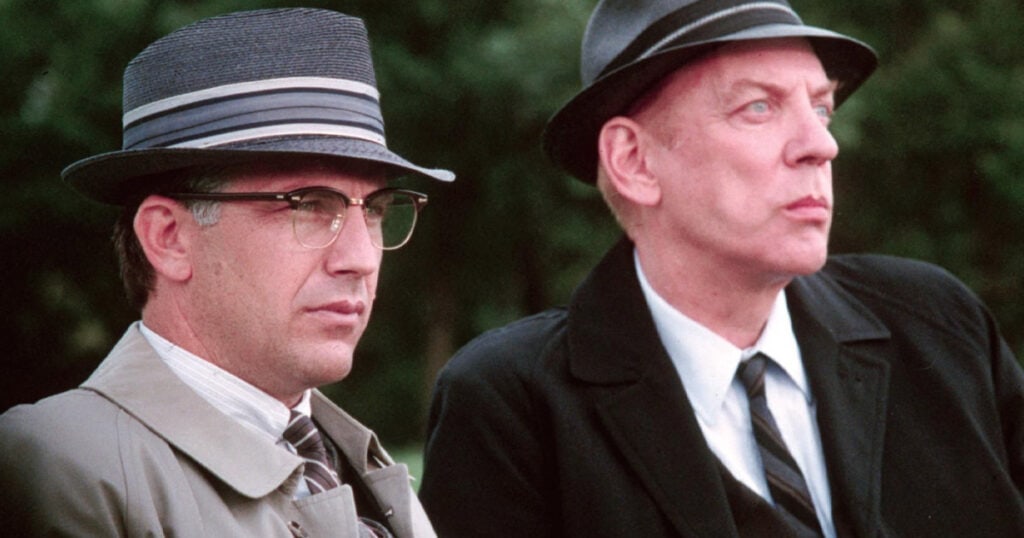
While the narrative now may be that the film killed Stone’s career, that wasn’t so, even if there were some famous rebuttals to Stone’s film. This included a Quantum Leap episode where Scott Bakula’s Sam leaps into Lee Harvey Oswald’s body and finds his mind taken over, only to leap out before he can foil the assassination. The conclusion of that show seemed to be that Oswald acted alone.
While JFK was Stone’s last significant hit, it was far from the previous big movie he made. Natural Born Killers, Heaven and Earth and Any Given Sunday all had huge budgets, as did his epic, Alexander. Yet, they were far more extreme than his earlier films, with Natural Born Killers far more controversial than JFK ever was. Nonetheless, for years after he was handed big budgets, it’s just that his films became less successful, while Stone himself became a polarizing figure. Yet, JFK remains one of his essential works, and if it was the last time he tapped into the zeitgeist, it was one heck of an accomplishment, which can’t be denied – even if you happen to think Oswald acted alone.


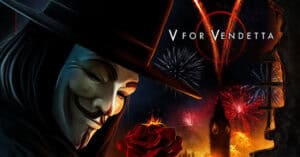
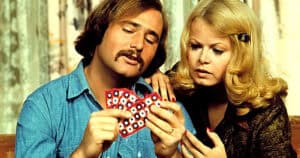
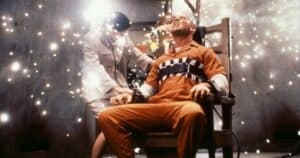
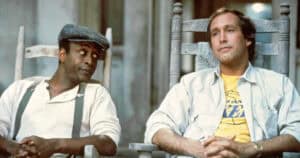
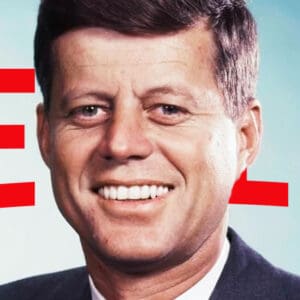


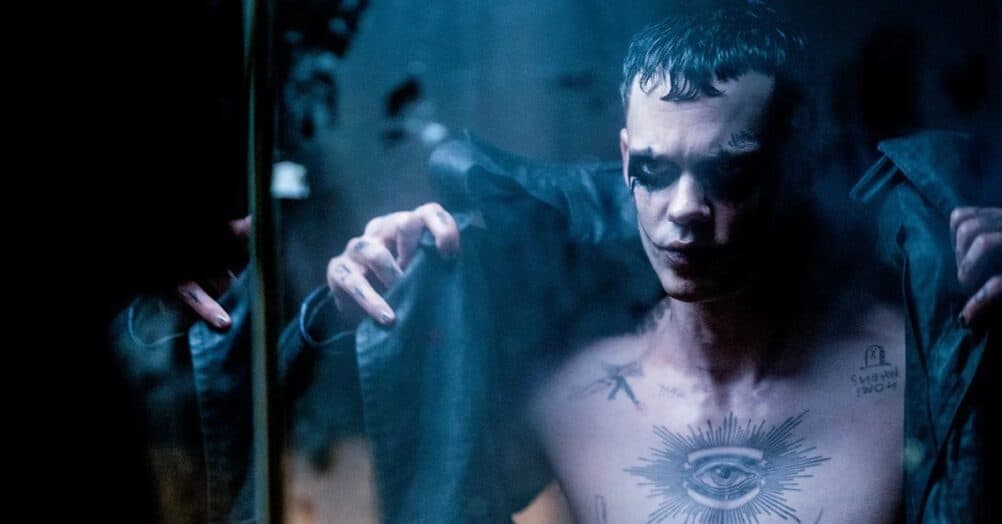

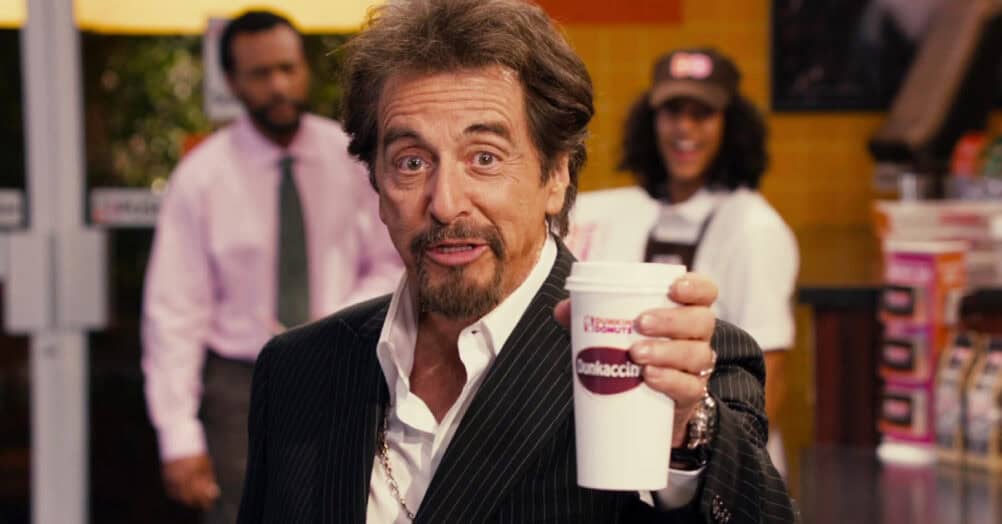
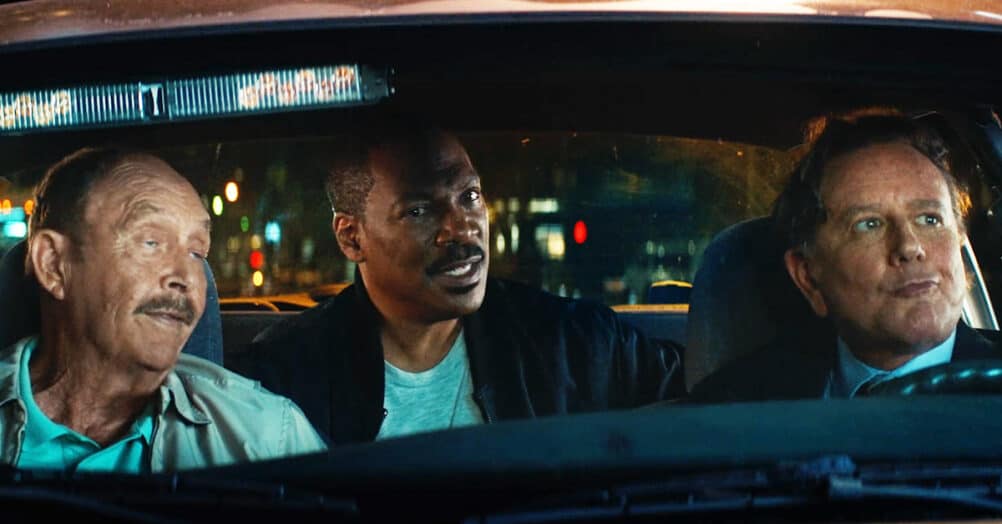
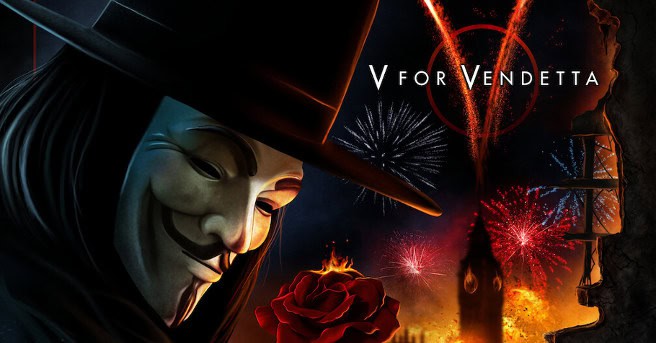
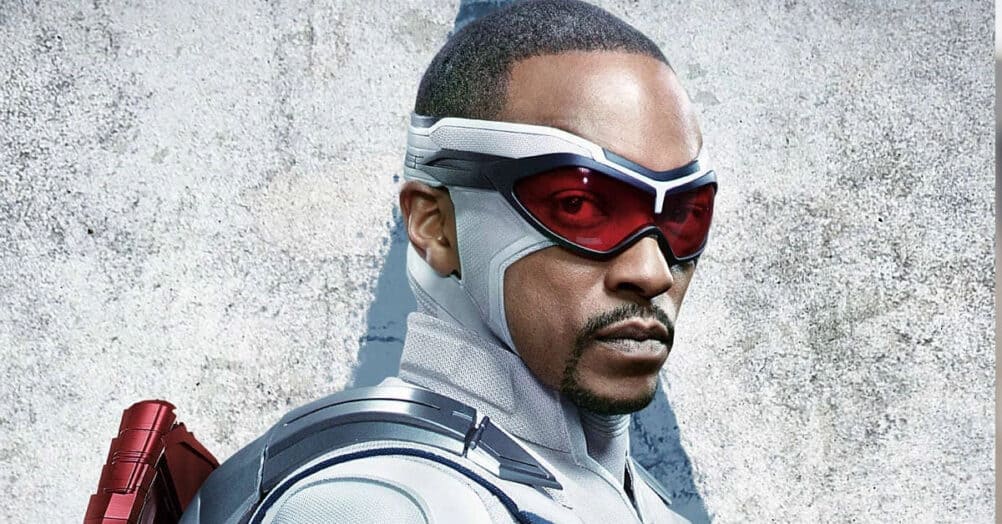
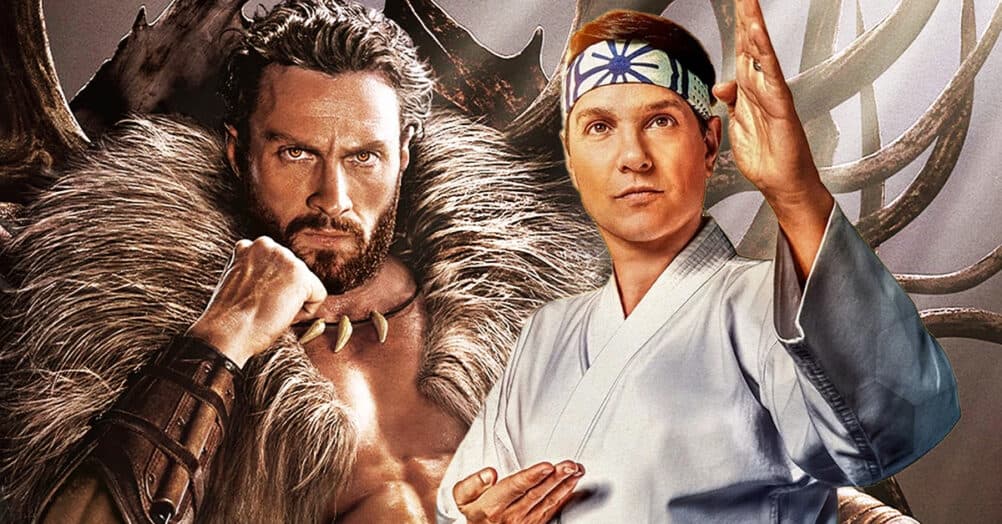
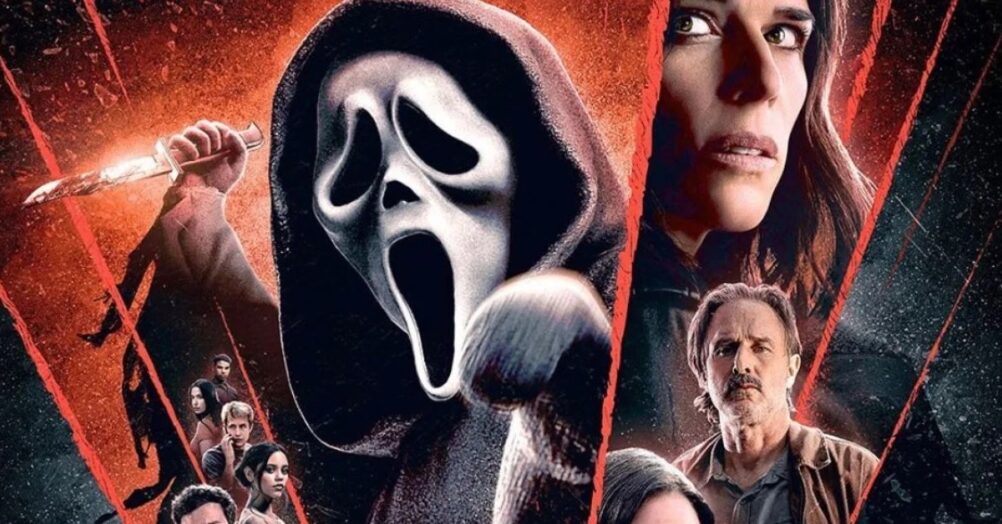
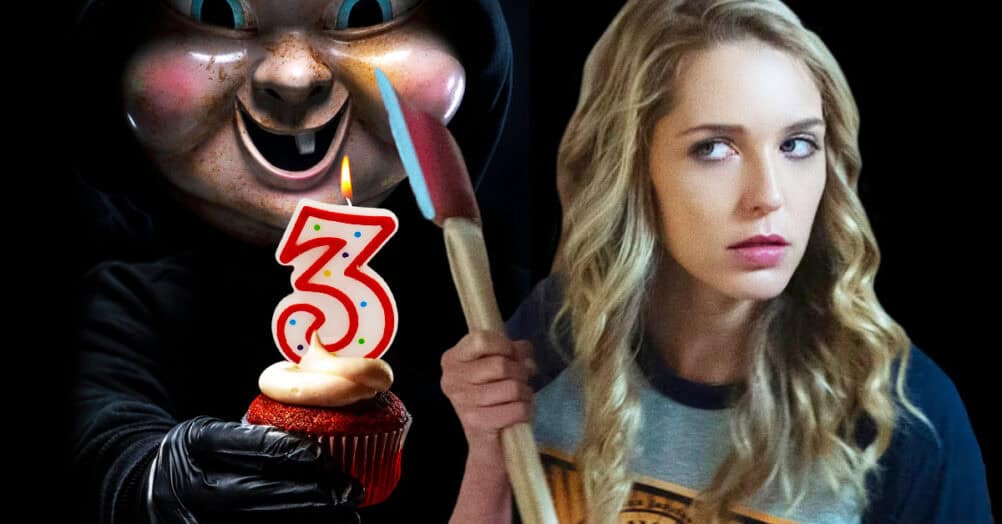
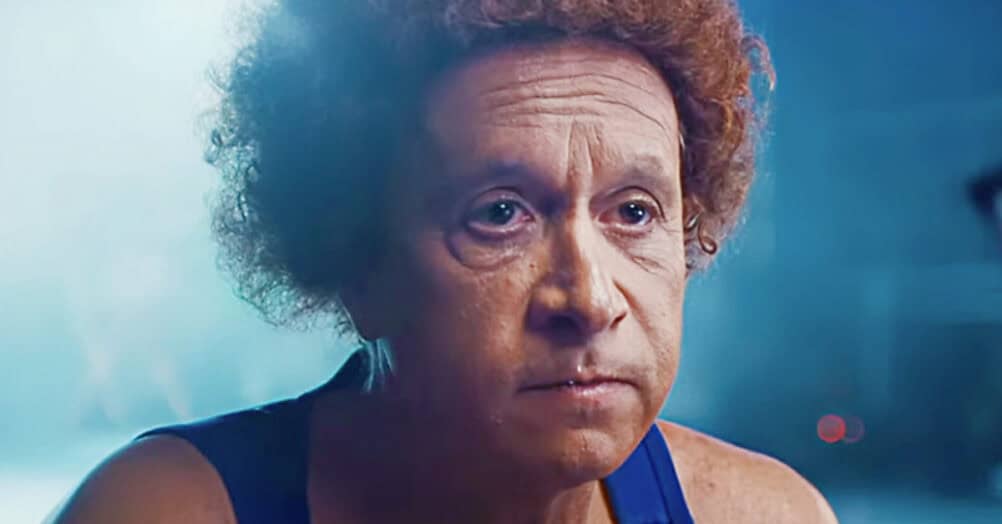
Follow the JOBLO MOVIE NETWORK
Follow us on YOUTUBE
Follow ARROW IN THE HEAD
Follow AITH on YOUTUBE